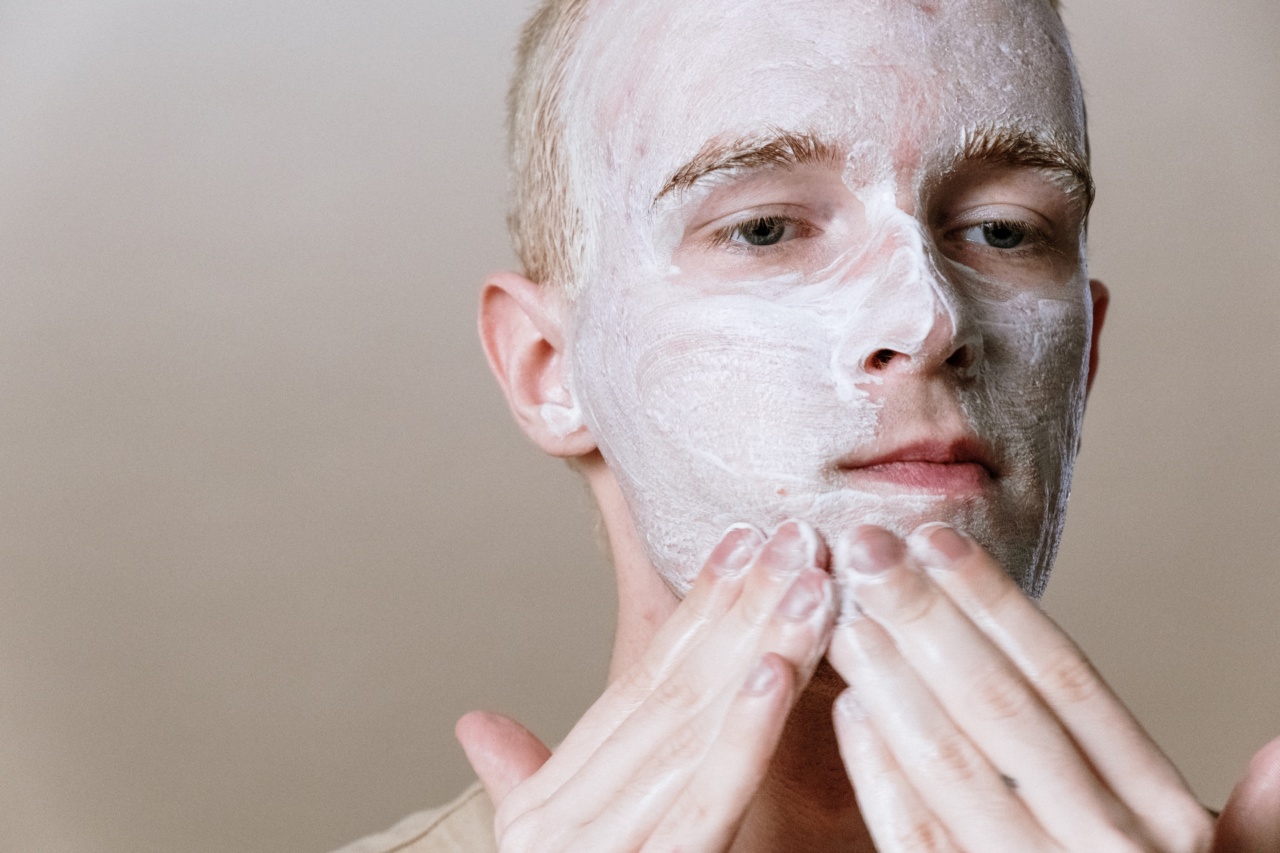Having clear and acne-free skin is a desire that many people long for. Acne not only affects our physical appearance but can also have a significant impact on our self-confidence and overall well-being.
Fortunately, with the right knowledge and proper skincare routine, achieving acne-free skin is within reach. In this comprehensive guide, we will explore different aspects of acne, including its causes, types, prevention, and treatment options.
Understanding Acne
Acne is a common skin condition that occurs when the hair follicles become clogged with oil, dead skin cells, and bacteria. The exact cause of acne is not fully understood, but several factors contribute to its development.
The Different Types of Acne
Acne can manifest in various forms, each with its unique characteristics and severity. Understanding the different types of acne can help in tailoring an effective treatment plan.
Causes of Acne
Acne can be caused by a combination of factors, including hormonal changes, excessive oil production, clogged pores, and bacteria. Understanding the underlying causes is crucial in effectively managing and preventing acne.
Acne Prevention Tips
Preventing acne involves adopting a comprehensive skincare routine and making certain lifestyle changes. Here are some effective tips to keep acne at bay:.
Skincare Routine for Acne-free Skin
Establishing a proper skincare routine is essential for maintaining clear and acne-free skin. Here are the essential steps to include in your daily routine:.
Over-the-counter Treatments
There are numerous over-the-counter treatments available that can help in managing acne. These products usually contain active ingredients like benzoyl peroxide, salicylic acid, or sulfur.
Prescription Medications
In severe cases, over-the-counter treatments may not be sufficient, and a dermatologist may prescribe oral or topical medications to effectively treat acne.
Alternative and Natural Remedies
For those who prefer natural approaches, several alternative remedies can help in reducing acne symptoms. These may include tea tree oil, aloe vera, or apple cider vinegar.
Acne and Diet
While diet alone may not cause acne, certain foods can trigger or worsen breakouts in some individuals. Understanding the link between diet and acne is important in developing a balanced and skin-friendly eating plan.
Lifestyle Changes for Acne Management
Certain lifestyle habits can aggravate acne symptoms. Making positive changes, such as managing stress levels, getting enough sleep, and avoiding harsh skincare products, can significantly improve acne-prone skin.
When to Seek Professional Help
In some cases, acne can be stubborn and resistant to treatment. If home remedies and over-the-counter products are not providing relief, it may be time to consult a dermatologist for a personalized treatment plan.
Conclusion
Acne is a common skin condition that affects individuals of all ages. With the right knowledge, consistent skincare routine, and necessary lifestyle changes, acne-free skin is achievable.
Remember that finding the most suitable treatment approach may involve some trial and error. Stay patient and persistent in your pursuit of clear and healthy skin, and remember that you are not alone in this journey!.































